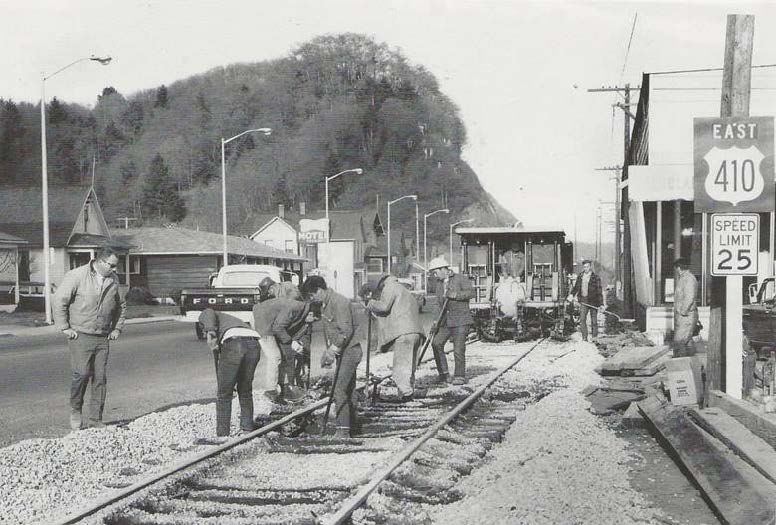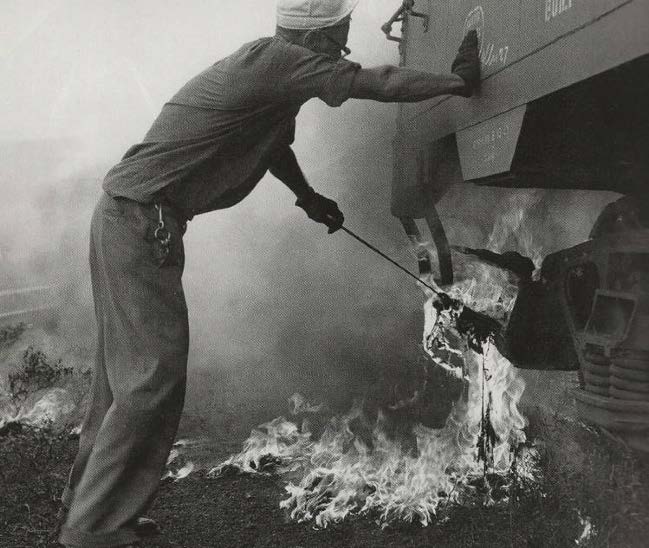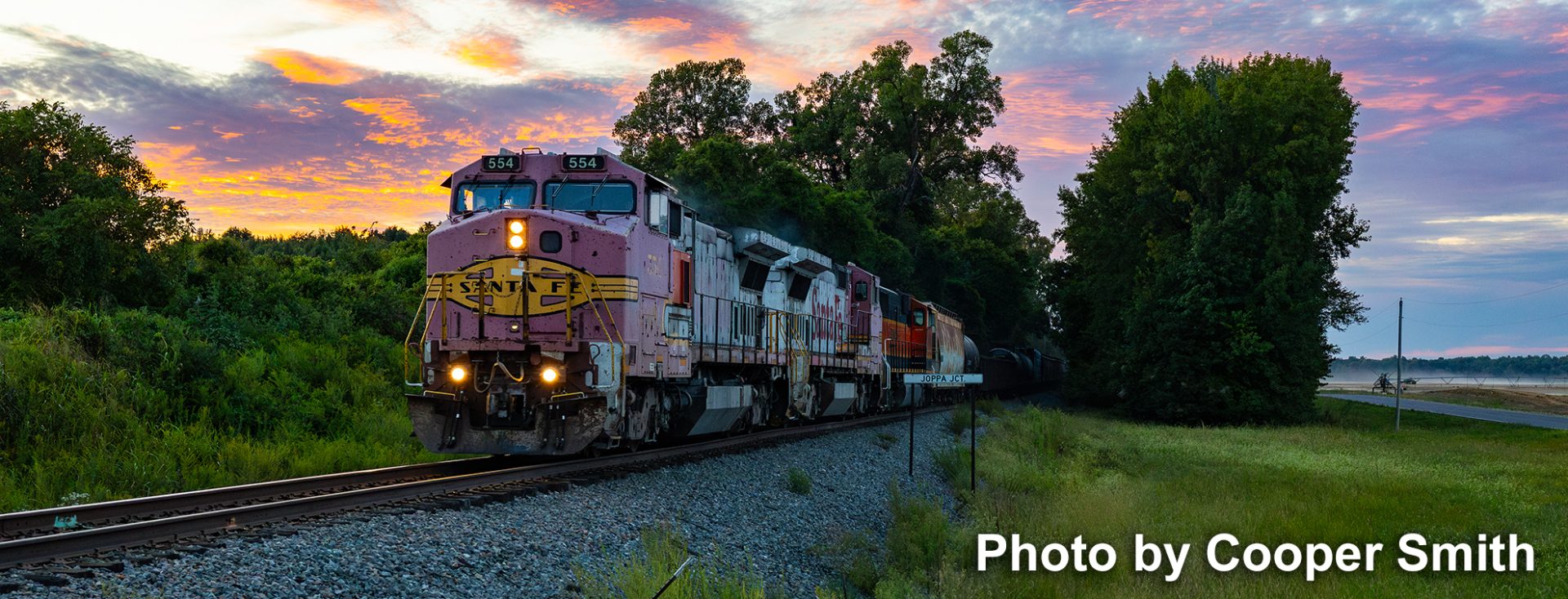
I was the Army Recruiter there from 1963 to 1968. The party-line was that this was a water diversion issue, but anyone that traveled that way when a train was passing took their life into their hands. The roadway behind the foreman with the Ford pickup heading east (out of town) is a two-lane and sole entry into Aberdeen from the east.
The way those boxcars swayed back and forth; I don’t know how they kept on the track. Most folks would not pace those outbound trains, as the rolling stock was in what would have been an adjacent traffic lane were it a four-lane highway.
On outbound trains many if not most of the boxcars full of shakes and shingles had no doors. Clearly, the railroad saved their, newer rolling stock for cleaner products that needed all-weather protection. Doorless boxcars full of raw wood products seemed to travel safely to their customers far away. A series of 4×4 lumber stock from floor through the holes in the roof kept the bundles safely aboard. The shakes and shingles would arrive safe, having most likely been rained upon a few times.
They are, after all, roofing material.
In my five years there I never heard of an incident. Luck…? Only the Northern Pacific
Railway used this entrance to the twin cities of Aberdeen and Hoquiam. The Union Pacific and Milwaukee also entered from the east, but on the southern side of a major river valley coming through Cosmopolis and South Aberdeen. They crossed the river on a swing bridge about a half mile behind the photographer. Today this line is the only rail entry, now serviced by the short-line Puget Sound and Pacific Ry. – Photo by Dell Mulkey
Tidbits on the life of a railroader. Early in the 20th century (and before the various “Safety First” campaigns that we still see today), a dozen railroaders — on average died on the job every day. On any given day, tens of thousands more were injured or maimed.
That was often brought home by the fact that few conventional insurance companies would write policies for railroaders — their jobs were considered too risky. So, railroaders set up their own group insurance plans and mutual benefit associations. An industrial pension program so that employees could expect to retire (rather than work until they died) was largely a railroad innovation. The first plans emerged in the early 1880s and led to the creation of the Railroad Retirement Board in 1934, which was the model for the Social Security Act, just a year later.
Hundreds of thousands of railroaders worked in jobs that took them away from their homes and families. Sometimes they enjoyed networks of boarding houses, railroad YMCA’s, beaneries, and places of entertainment and commercial affection. At other locations, the away-from-home accommodations could be threadbare or downright deplorable. And then, the names. For everyone from the president on down, official railroad documents generally identified the employees by a sterile two initials and surname, (J. T. Blow). Yet no group of industrial workers embraced nicknames more than railroaders. There was always a few Butches, a Nookie, Boogie, Shotgun, Skeeter, Barney, Screwdriver, Speedy, and all sorts of fellows who, for one reason or another, went by some alternate version of their given names. All of which speaks to a larger truth. Despite the hazards and demands, railroaders were proud of their work. You would hear variations of this theme many times: “I hate the company but love the work,” or, “I can’t believe they pay me to do this.”
A friend of mine in Butte, Fred Coombes was #1 seniority in the Rocky Mountain division, and a fellow church member. He knew I was an avid railfan, but straight-laced as he was, he never even let me up in the cab the many times I saw him hooking up and trekking over Pipestone Pass. He and I both respect the Rules. He retired when the electrics ended in ‘74, and moved to Seattle with his wife of many years. I once asked him why as #1 on engineer’s seniority roster that he didn’t bid on some glamorous hotshot freight-run. With a twinkle in his eye, he stated: “I sleep in my own bed every night.”

